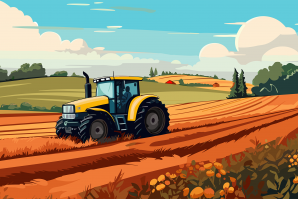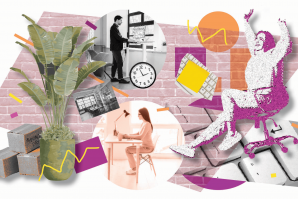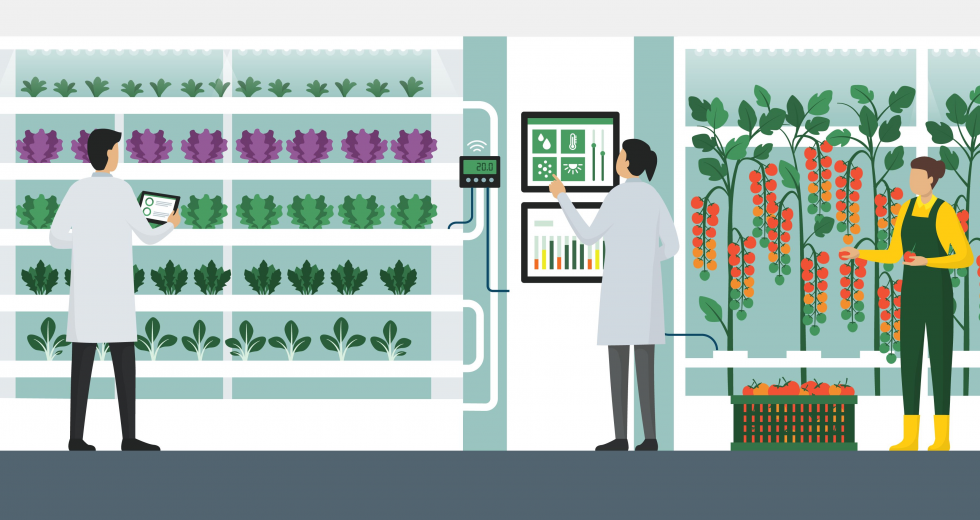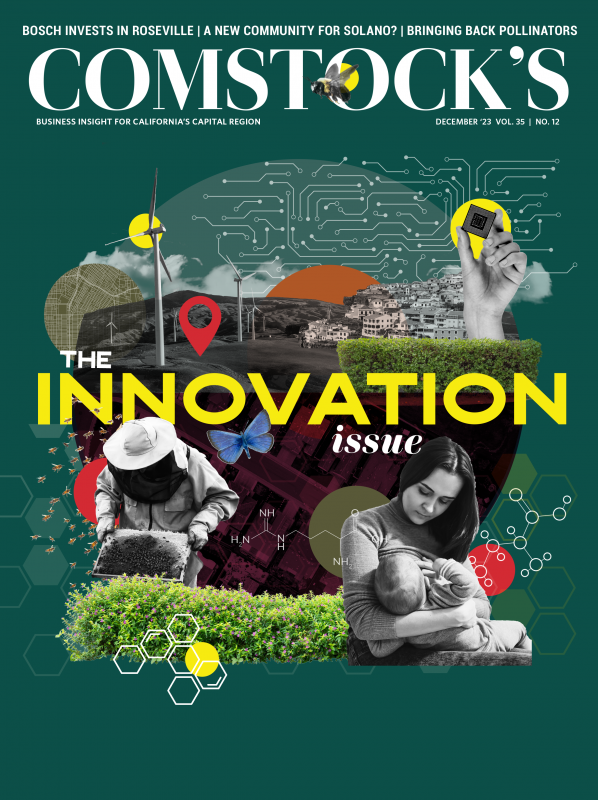Innovation is a process by which a domain, product or service is renewed and brought up to date by applying new processes, introducing new techniques or establishing successful ideas to create new value. The creation of value is a defining characteristic of innovation. Simple enough, right?
What is surprising is that most people think innovation is creating a separate, new technology only and overlook the fact that innovation may just be a renewal or applying a new process to something that already exists.
What drives innovation? Well, a good crisis drives innovation. The classic example of this is war. World War II produced tremendous advancements in aviation, electronics, nuclear power and manufacturing that might not have occurred for decades without the worldwide conflict, if at all.
The recent pandemic, for example, created a necessity for virtual meetings and working from home. Think of all of the restaurants, bars, service businesses and manufacturing companies who reinvented processes to accommodate the isolation that COVID-19 brought into their businesses and lives. Look at how schools pivoted and shifted to accommodate distance learning. The widespread integration of Zoom was innovation in and of itself.
Let’s explore a more detailed example. In the case of COVID, a “second order” effect of work-from-home has been the emptying out of office buildings. Office usage nationwide is hovering at 50 percent of pre-pandemic levels. Many initially hoped that these structures might be repurposed as apartments and condos, but, unfortunately, most were designed in a way that makes such conversions impractical and cost prohibitive. Many may be shut down or foreclosed on by lenders unless an alternative use can be found. Yet some are turning lemons into lemonade.
A recent Smithsonian article shares an innovative solution: vertical farming — converting vacant office buildings into multi-level indoor agricultural enterprises. According to the article, vertical farming can yield consistent, year-round production in the absence of weather changes and pests, all while using up to 95 percent less water than traditional farms.
So what is the future of innovation? The next level is going to be around the human factor and artificial intelligence. On the human side, finding employees is hard and at times feels impossible. Every company I interact with suffers from a talent void in one way, shape or form. Getting good, dependable employees is a challenge, so companies are focusing on automating the way they do things, outsourcing globally to other countries to get tasks done and embracing artificial intelligence to help them with tasks like marketing, website management and even predictive modeling.
Brett Sargent and his wife, Adriana, are the owners of True North
Consulting, which specializes in executive coaching, exit
planning, business brokerage and business lending. (Photo
courtesy of Brett Sargent)

Management educator and author Peter Drucker once remarked that “There are only two things in a business that make money — innovation and marketing, everything else is cost.” Acknowledging this, we can imagine the impacts AI and ChatGPT will have on the world of marketing and the speed at which marketing can now be accomplished.
What will be the impact of AI? A recent study cited that out of 10 workers, six workers will have at least 10 percent of their work tasks impacted by generative AI technology. Two of these workers will have over 50 percent of their work tasks impacted by generative AI. What will make your job exposed to AI? High wages, writing, programming, work that requires a college degree or higher, minimal on-the-job training, information processing and routine and/or repetitive work are all characteristics of AI-vulnerable jobs. This includes interpreters and translators, survey researchers, authors and writers (for all you know, this article could have been written by ChatGPT), tax preparers, public relations specialists, mathematicians, professors, accountants and more.
The concept of innovation did not become popular until after World War II. This was when people started to talk about technological product innovation and tie it to the idea of economic growth and competitive advantage. Today, innovation is all around us and occurring at speeds that were unheard of in the past. Should we be afraid? We could be, but why? More focus should be given to embracing innovation as part of our daily lives versus hiding under the couch in fear of it. Embrace, don’t hide.
Brett Sargent and his wife, Adriana, are the owners of True North Consulting, which specializes in executive coaching, exit planning, business brokerage and business lending. They own two franchises (Sunbelt Business Brokerage and Lendio) and have coached over 150 business owners, funded over 100 businesses and sold over 50 businesses in the Greater Sacramento region.
Stay up to date on business in the Capital Region: Subscribe to the Comstock’s newsletter today.
Recommended For You

The Student Loan Payment Pause Is Over. So What Are Your Options?
After more than a three-year federal student loan payment pause, payments resumed on Oct. 1, 2023. I have spoken to hundreds of borrowers and understand their confusion and concerns about returning to repayment and the options available for them.

Running a Family Business in California Isn’t Easy
But local organizations are here to help
The line from “The Godfather,” “It’s not personal, it’s strictly business,” does not apply to the members of a family business. For us, there are a wide range of emotions that start at an early age as we realize that we are part of something that consumes our parents’ time, including conversations at dinner and the holidays.

Owning the Narrative
How to take initiative and solve problems before they reach your supervisor
There is nothing more rewarding than creating and implementing a plan to fix a broken process — before being asked to do so. It changes everything because the leader is using her creative fuel instead of being told what to do. Instead of being asked to fix a broken process, the leader self-evaluates her operation and addresses broken processes of her own volition.

The Anti-work Trend Is Growing Among Young Professionals. Is Love the Answer?
The anti-work movement has been growing for a few years, with Reddit’s Antiwork sub hosting 3 million users today. We’ve also seen anti-work crop up in many of the major work themes of the last 2-3 years, including …

The Future of Work
New spaces. New thoughts. New ways to work.
After 16 years in the same office space, and just six months before our lease came up for renewal, my senior VP turned to me and said, “Now that the pandemic is behind us, what do you think about moving to a new office?”




